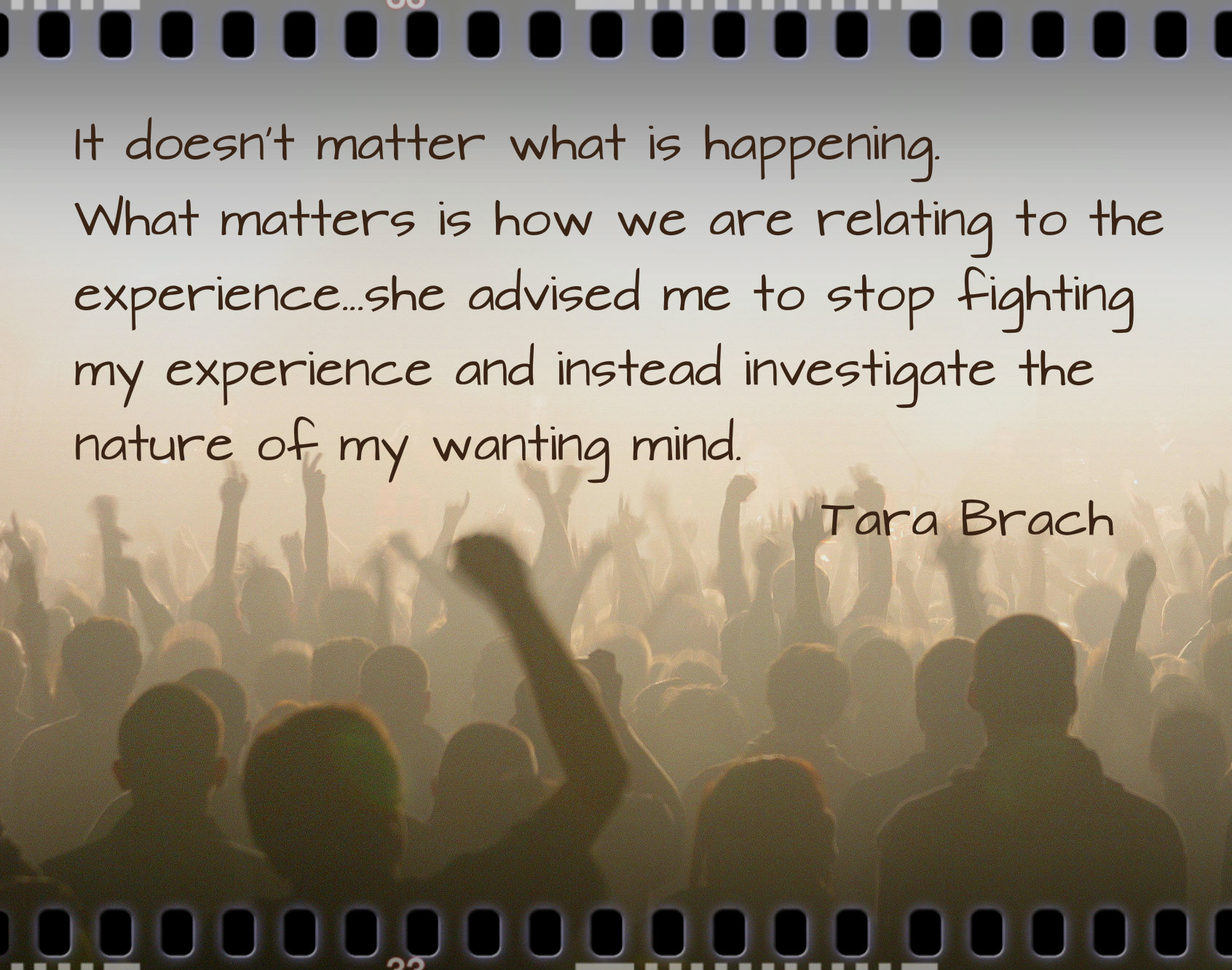The latest edition of Psychology Today has a key article emphasizing the fundamental importance of relationships in having any sort of healthy and satisfying life…relationships being key to overall life satisfaction, physical health, and resilience to stressors. Relationships, are simply a key to a vitalized life.
The Psycholgoy Today article, entitled Lessons for Living, outlined five key strategies that may seem at first counterintuitive, unconventional, and outside of the accepted norms of what we normally think of as important relationship strategies. I’m going to be giving you my own take of each of these in the coming 5 part series…thanx, Psychology Today, for the good info you so often provide, and specifically in this article.
The first lesson expounds the value of radical acceptance.
This is the idea of recognizing that other people don’t always do what we want them to, and resenting that creates distress inside oneself,and the feeling of disappointment in the other–which creates a distance between the two in the relationship. And wishing someone was different just isn’t fair…and wanting to change them is so rarely effective.
I kinda think of it like this…a dog barks. That’s what dogs do…why shouldn’t dogs bark…to expect them to do anything other than bark is unrealistic. To be disappointed that the dog won’t meow looks and sounds foolish. And yet…aren’t we all tempted to expect someone we know well–we understand their style, their preferences and their patterns–we expect someone we know well to do something other than what they always do, and are surprised and disappointed when they do what they always do.
I read a book by Byron Katie over the summer, Loving What Is. This book simultaneously releases me from being resentful of others while driving me a little bit bonkers over feeling like I have to accept unacceptable behaviour.

But I am learning that what is often more troubling to me than the behavior I deem unacceptable is the meaning I attach to said behaviour. So…when the junior tribe members don’t do their chores, I get upset because I decide it means they are disrespectful to me, and that it they will end up slovenly lazy adults and that they don’t value me. Those thoughts distress me, even more than that they don’t do their chores. When I let go of those thoughts (because I don’t know that those thoughts are true, really) I am less bothered by the fact that they haven’t done chores.
In fact, it created space to develop a completely different approach to chores that has us all thinking about them very differently…and in the past few weeks, I have been more peaceful on this topic…and the climate of the house has shifted. They haven’t gotten a whole lot better at doing chores…but I’m in a better relationship with them. And a better relationship is valuable…and our conversations have me substantially more hopeful that they may choose differently in the future.
The author, Elizabeth Svoboda, writes:
Making accommodations like these involves the crucial recognition that there are some matters on which you’re never going to be in sync—and that you’re willing to accept this in order to preserve the other’s autonomy. “You have to say, ‘We have this permanent difference, but we need to learn to live with each other,’ ” Coleman advises. Regardless of whether the other person changes, such acceptance communicates the basic respect that keeps relationships solid over time.
This isn’t easy stuff…and the first impulse is to not accept the idea of “radical acceptance”…although the alternative is to argue with what is…which is always a losing battle!
Look at one fellow’s struggle to work with this approach…






Write a Comment